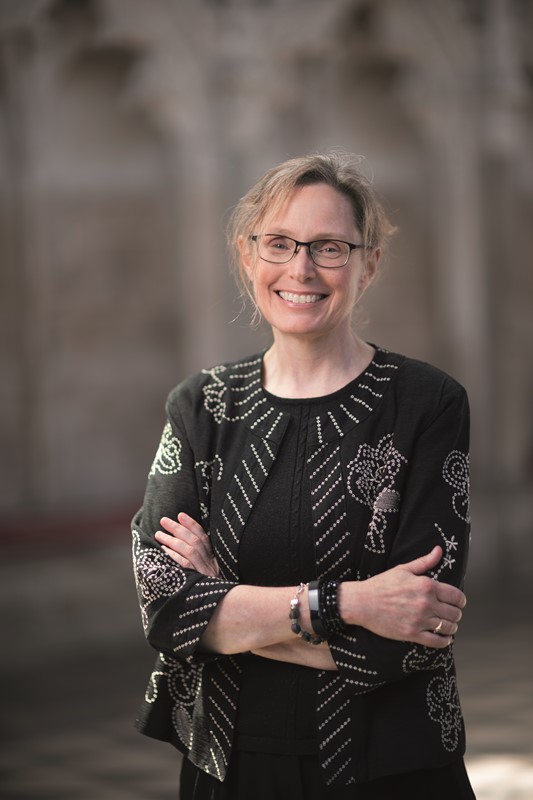Six new works premiered at JAM's 'Music of Our Time' concert
Hattie Butterworth
Wednesday, March 20, 2024
Tonight sees the premieres of six new works at JAM's concert at St Brides, Fleet St
Music organisation and charity (John Armitage Memorial Trust) launches its season tonight, 20 March at 7:30pm, with a concert of new works for choir, brass quintet and organ at St Bride’s Church in Fleet Street.
Named ‘Music of Our Time’, the concert will premiere six new works, including commissions from Tarik O’Regan and Isabelle Ryder. Selwyn College Chapel Choir will be lead by Sarah MacDonald, with Simon Hogan as organist and brass quintet Onyx Brass. A world premiere from Isabelle Ryder, Illumination, written for organ and two trumpets, pays homage to St Brigid (St Bride) of Kildare, patron saint of St Bride’s church.
Founded in 2000 to support and commission new music in the UK, JAM now comprises its annual March concert, composers’ residency and the JAM on the Marsh multi-arts festival in Kent and has commissioned a total of over 150 new works.
A Q&A with Sarah MacDonald - JAM panel member, Director of Music at Selwyn College, Cambridge and composer

How did you become involved with JAM?
Around 23 years ago I met Ed Armitage, the chair of trustees. I was producing a CD that he was editing, and back then JAM was very new. He was looking for choirs that were keen to be involved and I thought, why not? I was relatively new in my time at Selwyn, so he took me up on the offer and we gave a concert later that year in Cambridge. Since then Selwyn has made 20 single composer discs off the back of being involved with JAM and helped launch the careers of some quite well known composers.
How do you go about guiding the choir through learning so much new music?
20 years ago I used to have sleepless nights about it, but now I know that every single year it’s been fine in the end. It’s a lot of notes to digest and perform professionally with a non-professional choir. We have to turn that around in 3 days!
As a composer what’s the hardest part about writing for voices?
I think it’s about writing idiomatically for the voice. Much as I love professional ensembles, I’d like things to be performable by parish choirs and amateur choral societies. Basic things like making sure that the singers know where to find their notes, rather than plucking things out of the air is really important. There are many contemporary composers who do know how to write music that is performable by choirs other than the BBC Singers. Those of us who work daily with children (as I do at Ely Cathedral), or with very good but not professional singers, understand idiomatic, singer-friendly writing.
What are your thoughts about the future of choral music in the UK?
Having a pyramid is really critical - so having something like the BBC Singers to aspire to is incredibly important. I grew up in Canada after the government had already destroyed music in the state system, which is what has happened over the past 10 years in this country. We’re getting a bit of a revival in faith schools with parish and cathedral musicians going into schools to teach. But in the average comprehensive school, there’s very little music after year 7 and that’s very depressing. Perhaps a change of leadership in Westminster will provide a glimmer of hope?






